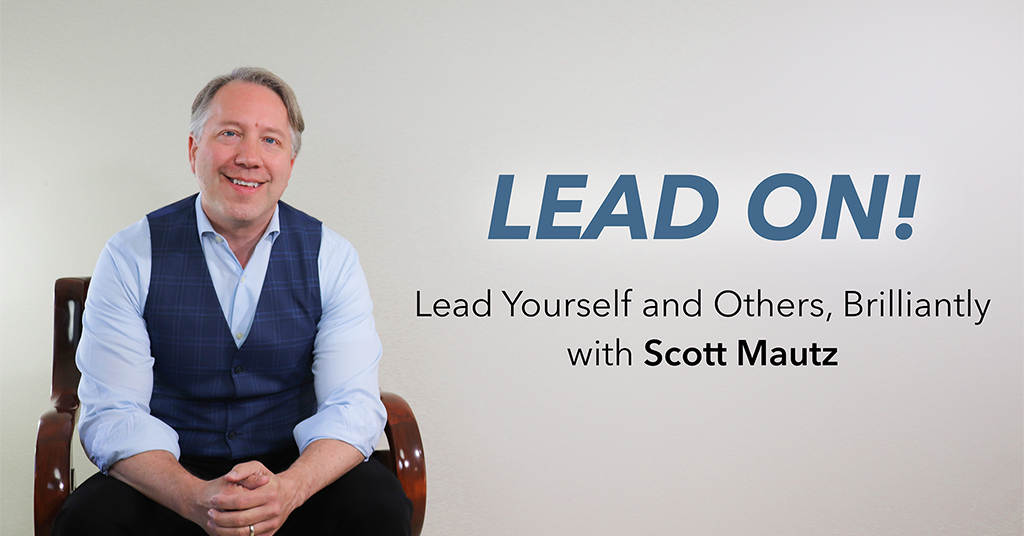
INSIGHTS (on leadership/self-leadership)
What if you truly believed that your best work is still ahead of you? It would alter how you think and act. It’d be easier to accept that, right now, you’re exactly where you need to be in your life. You’d be more comfortable sitting in the quieter, less forward-moving moments, energized to use the respite to recharge and be ready for what’s yet to come. You’d ease up on the self-flogging. You’d stay motivated to stay in the game, to keep learning, growing, experimenting, taking risks, all because you want to be present and ready for when opportunity meets preparation. It would keep you perpetually curious. And if you expanded the definition of “your best work”, to include myriad professional yields or pinnacle outputs in the quest to be a better human, you’d be more engaged in the journey of life and your fellow traveler, more accepting of its imperfections. So, say it. Out loud. “My best work is still ahead of me.” Feel the winds of optimism unfurling your sails?
IMPERFECTIONS (a mistake I’ve made)
It’s so easy to lose sight of all you have right in front of you, to fall out of gratitude with what you’ve been blessed with. Which, as research shows, is a big mental health missed opportunity. I, too, succumb to this at times. But I discovered a powerful reframe in an unexpected way. My wife and I and are empty nesters now, and since we both can do our work from anywhere, have begun living our dream of a nomadic lifestyle (living in a new part of the country/world every several years). Our first stint is San Diego, and while the nomadic plan creates ongoing excitement for what’s next, I’m discovering it also creates intense appreciation for what we have right now. It makes me spend more time in awe, wonder, and appreciation of all that our current locale has to offer. It has me savoring every moment knowing that someday it will be in the rearview mirror. It makes me wish I’d applied this mindset to the prior 25 years that I spent all in one location. We can get stuck in sameness, and without the stimulus of forced constant change, it’s easy to fall out of love with what’s right in front of you. Even if you have zero interest in frequent change in your life, what if you acted with “nomadic appreciation,” as if all that’s in front of you right now is certain to shift, and relatively soon? I’m betting you’d more often fall back into gratitude. Like I’ve learned to do.
IMPLEMENTATION (one research-backed strategy, tip, or tool)
93% of people can recall a time when their emotions took over during an adverse or negative situation, thus increasing distress versus diffusing it. Negativity and adversity are powerful enough, so why strengthen their suction? Instead, you can dramatically raise your EQ in times of adversity by remembering the acronym TOE (as in it’s time to toe the line) to properly guide your emotions through adverse situations. It stands for:
Thoughts Over Emotions.
When you’re in a negative situation, it triggers thoughts and emotions, quite often unhelpful ones — you’re not a robot after all. But you avoid reacting in a way that worsens things by maintaining awareness that emotions can hijack your reaction and spur impulsive behavior. Instead, focus on the thoughts you’re having versus the emotions you’re feeling. For example, say you’re in a job interview that’s not going well, and you’re feeling panicked and embarrassed. You could focus on those unhelpful emotions which will fluster you further and compel you to act timidly, or you can focus on the underlying thought, “This isn’t going well. How can I adjust to improve the outcome?” Far more productive, right? It helps to name the emotion you’re feeling, too. Say to yourself, “I’m feeling embarrassed and panicked,” then quickly bypass the feeling to place focus on the underlying thought and what you’re going to do about it.




Leave a Reply